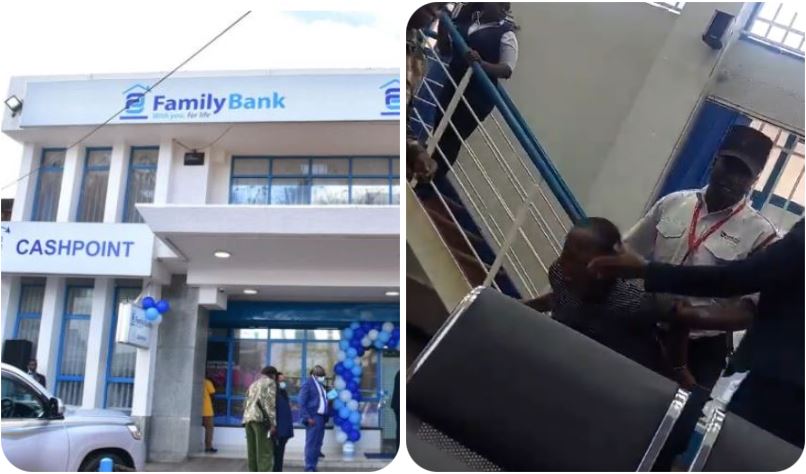
Ⓒ 2024 Nairobi Wire
Balkrishna Ramji Haribhai Devani’s late daughter, Dinta Devani, along with her husband Abhay Singh Pathania and two others, are facing legal repercussions for allegedly tampering with her father’s will to exclude her sisters from inheriting his assets.
The quartet, including Samuel Ngugi Ndinguri and Addah Nduta Ndambuki, who serve as directors of Pelican Signs Limited, are confronted with eight charges of forgery. They are accused of unlawfully transferring the deceased’s shares in Pelican Signs Limited without proper authorization as administrators of Balkrishna Ramji Haribhai Devani’s estate.
Dinta Devani faces additional accusations of transferring shares to herself in Silverstar Properties Limited without her father’s explicit consent. Moreover, she stands accused of fabricating a codicil to her father’s will on June 5, 2019, claiming it to be authentic and duly executed by her late father.
During court proceedings, it emerged that Dinta provided false testimony in an affidavit sworn before lawyer Tom Onyambu concerning the High Court succession case related to her father’s estate. Furthermore, she allegedly presented falsified documents to a high court judge on November 2, 2020, purporting their validity.
She faces five charges related to unauthorized involvement with the estate, dated August 14, 2019, at the Registrar of Companies in Sheria House, Nairobi, despite not being appointed as the estate’s administrator.
The accused collectively submitted an affidavit at the high court in a succession matter E623/2020, allegedly to impede justice, as per state prosecutor James Gachoka’s assertions. Gachoka revealed that they purportedly forged minutes of directors of Pelican Limited, falsely claiming their appointment as directors of the company owned by the deceased industrialist.
Defense lawyer Danstan Omari appealed for the accused’s release on reasonable bond terms, citing their frozen accounts preventing them from meeting high bond requirements. Omari emphasized Dinta’s health condition, necessitating constant medical attention.
In the magistrate’s ruling, considering the defense’s arguments, the accused were directed to provide either a cash bail of Kes.200,000 along with one contact person or an alternative bond of Kes.1 million.






